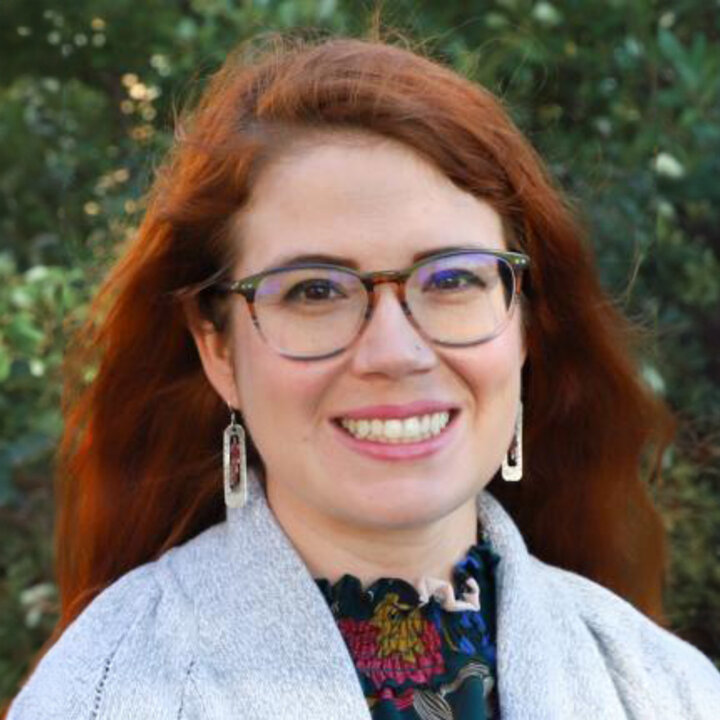
Gwendŵr Meredith
Social-Ecological Rangeland Scientist School of Natural Resources University of Nebraska-Lincoln
Contact
- Address
-
HARH 312 South
Lincoln, NE 68583-0973 - Phone
-
402-472-3471 On-campus 2-3471
-
gmeredith@unl.edu
- Website
-
Google Scholar
I am a Social-Ecological Rangeland Scientist and assistant professor within the Center for Resilience in Agricultural Working Landscapes (CRAWL), working jointly with the School of Natural Resources and Department of Agronomy and Horticulture. Broadly, I study cross-boundary collaboration across connected landscapes, stakeholder perceptions of land use or land cover change, and the adoption and diffusion of management innovations.
I grew up in Texas playing in the dirt with antlions, roly-polies (pill bugs), and the occasional garden spider. My path to Nebraska has been a little circuitous. Five-year-old me couldn’t pronounce 'Social-Ecological Rangeland Scientist' but aspired to other careers like archaeologist or zookeeper (I love zoos). Later, as an undergrad I was introduced to the field of animal behavior and pursued an individualized major in Animal Behavior, Ecology, and Conservation from Indiana University. Through this degree I realized that natural resource management is not only about understanding biophysical processes (that's important too!), but it’s also about human behavior and the complicated social interactions that need to occur for management to happen at the landscape-scale. That realization led me to pursue a PhD in Human Dimensions of Ecosystem Science and Management from Utah State University and a human dimensions postdoctoral fellowship at the University of Idaho working with the Agricultural Research Service's LTAR Network before landing at UNL.
My research focuses on information diffusion and collaboration among land managers in rangelands. I study rangelands, and grazing lands more broadly, because they cover a huge portion of the United States and provide a wealth of provisioning, supporting, regulating, and cultural ecosystem services. Rangelands are also interesting study areas from a social perspective because provisioning ecosystem services (e.g. cattle production) are often perceived as mutually exclusive from the other types of ecosystem services rangelands provide and this can create a polarizing management environment. My interests are broad, but my research aim is to bring together multi-stakeholder perspectives that manage grazing lands for all types of ecosystem services, thereby increasing trust amongst stakeholders while promoting the resilience of our grazing lands.
In my spare time, I enjoy gardening, knitting, and taking my dogs on a hike through some of the prairies around Lincoln.